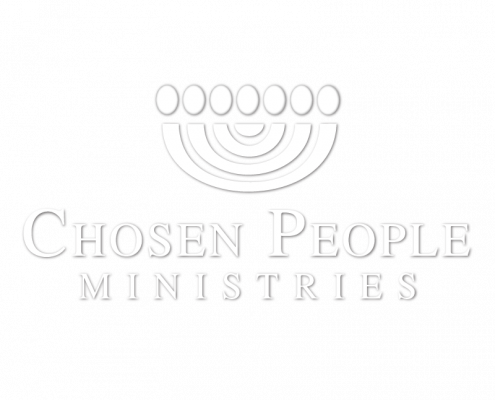Jesus, Our Rabbi
As we read through the Gospels, one of the things we see Jesus doing most often is teaching. His disciples even called him “Rabbi.” By the first century, rabbi was the title of a religious teacher and indicated the respect His followers had for Him as their teacher and guide. This role also encourages us today, for the Messiah continues to lead as we go about our lives.
In this episode, we turn to Isaiah 30:19–21, which speaks of the Lord as a “Teacher.” Our guest is Scott Brown, who is the former director of our global partner in New Zealand.

